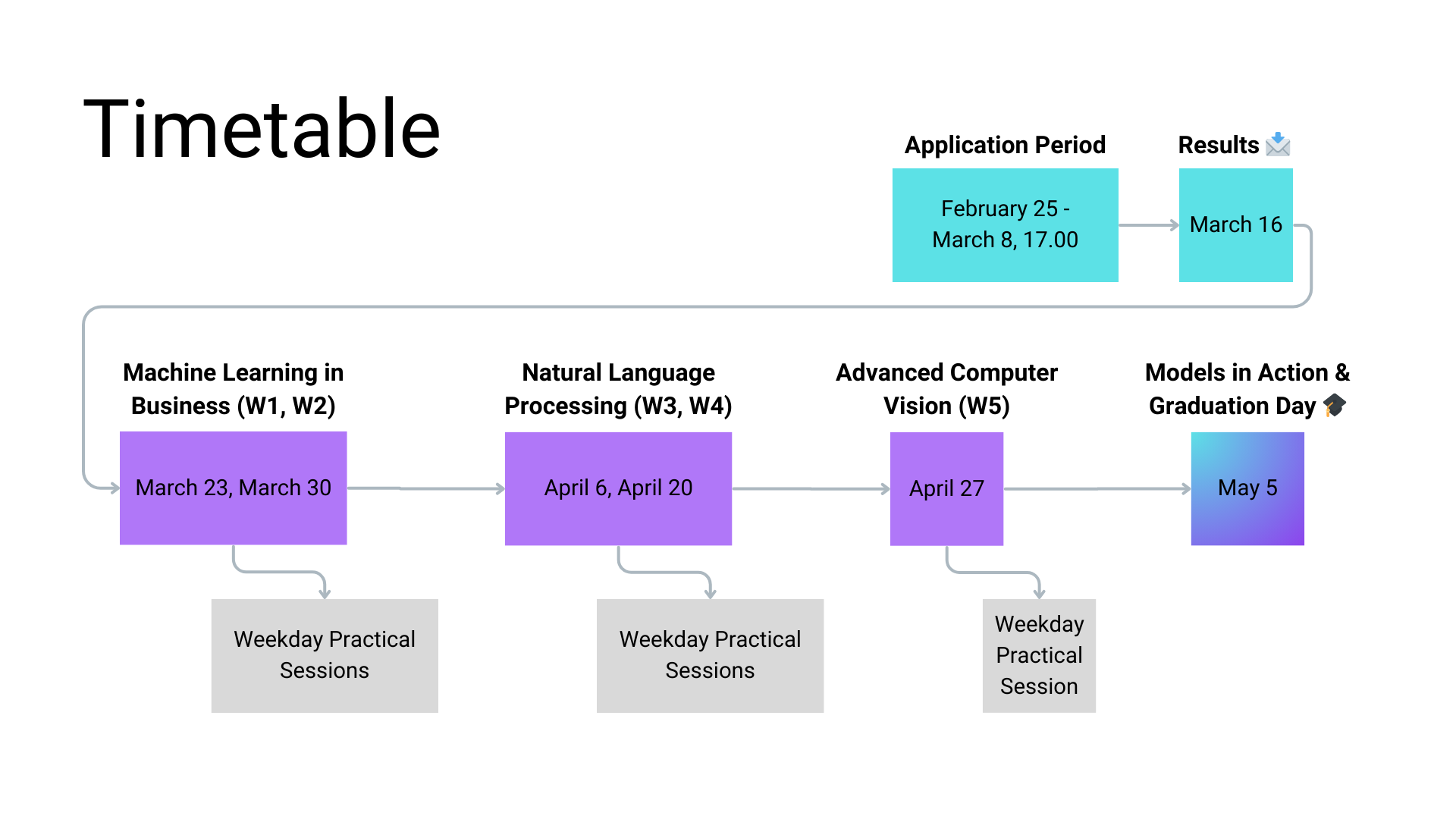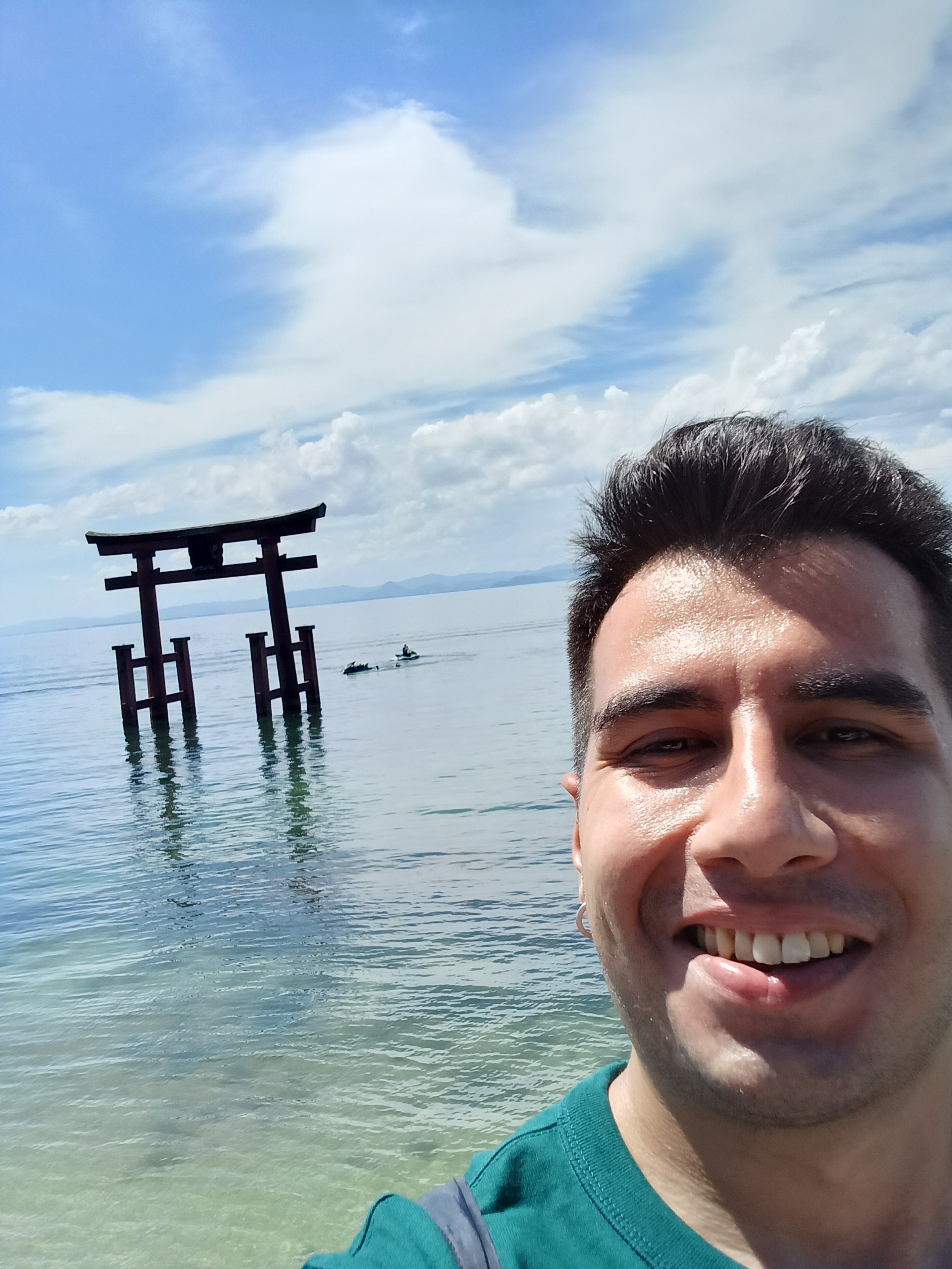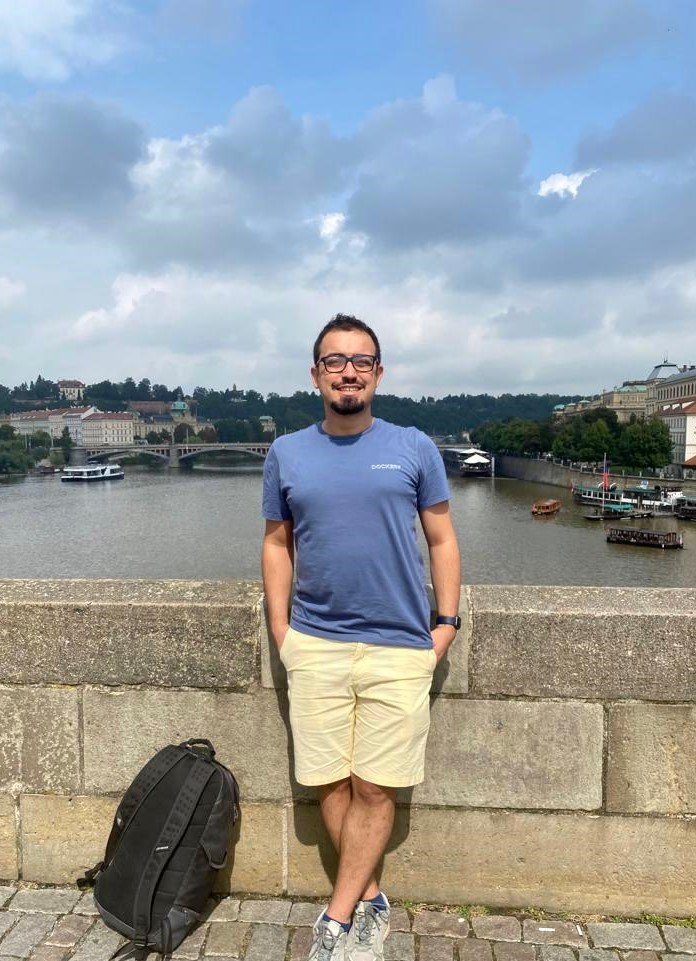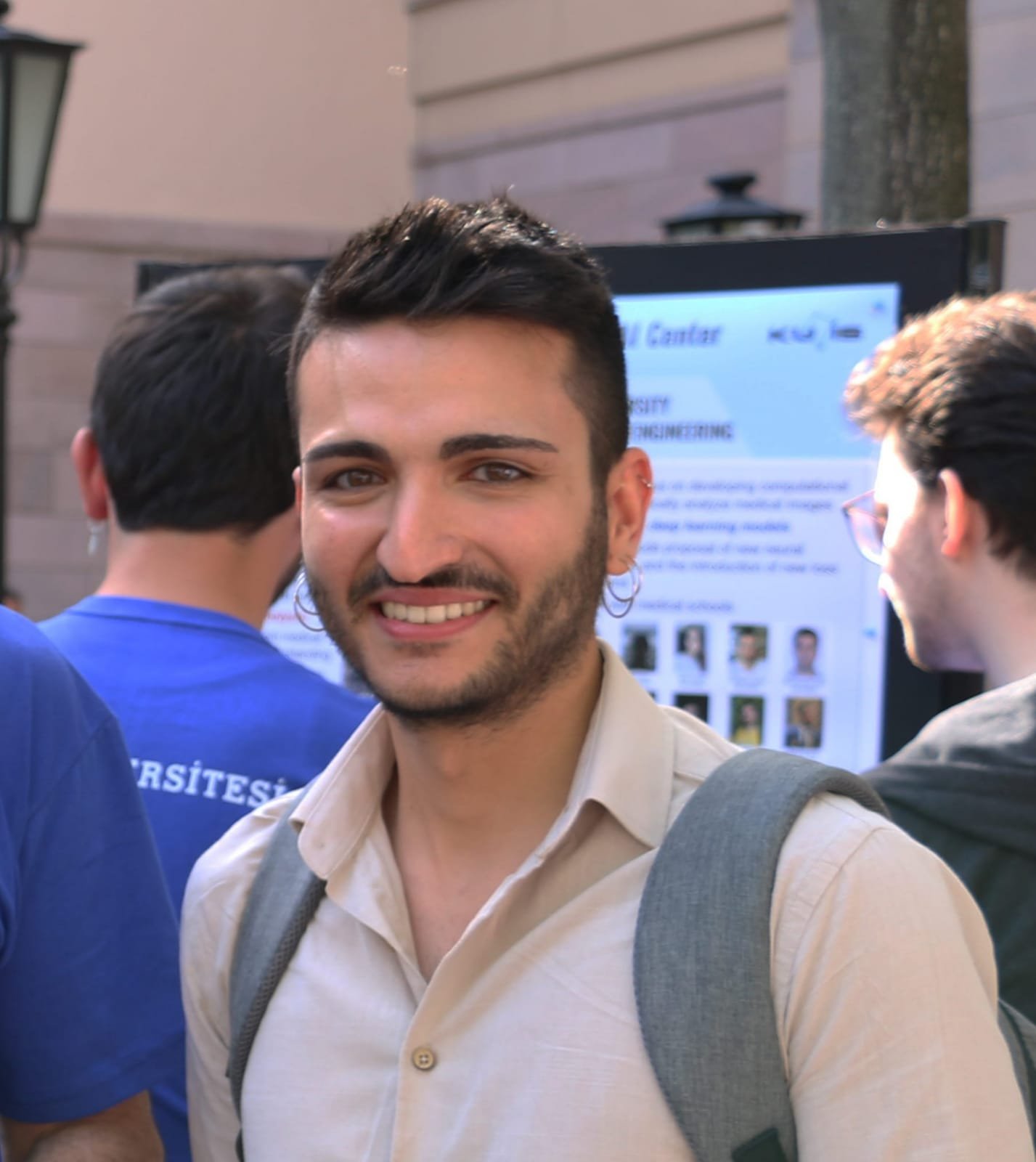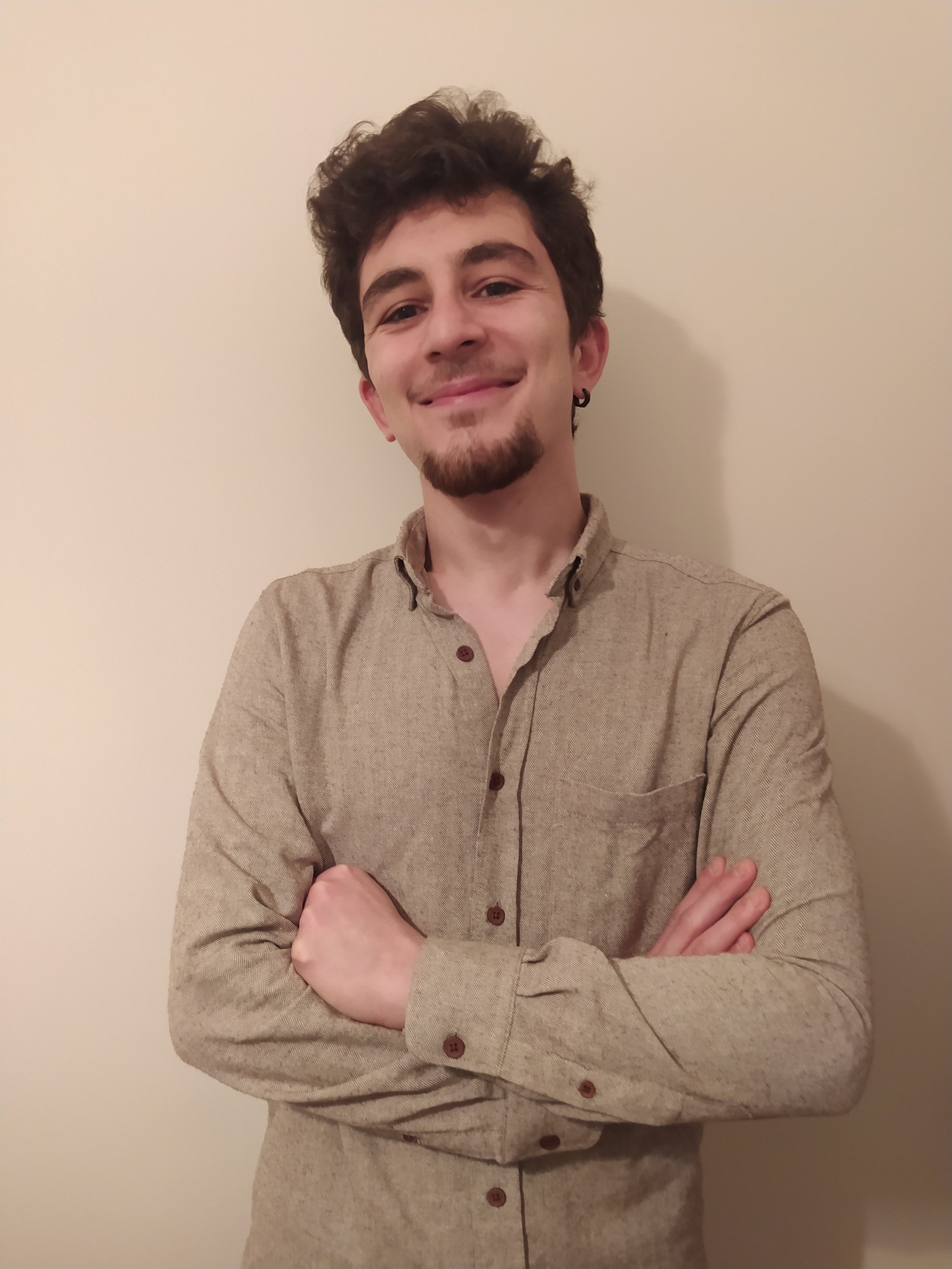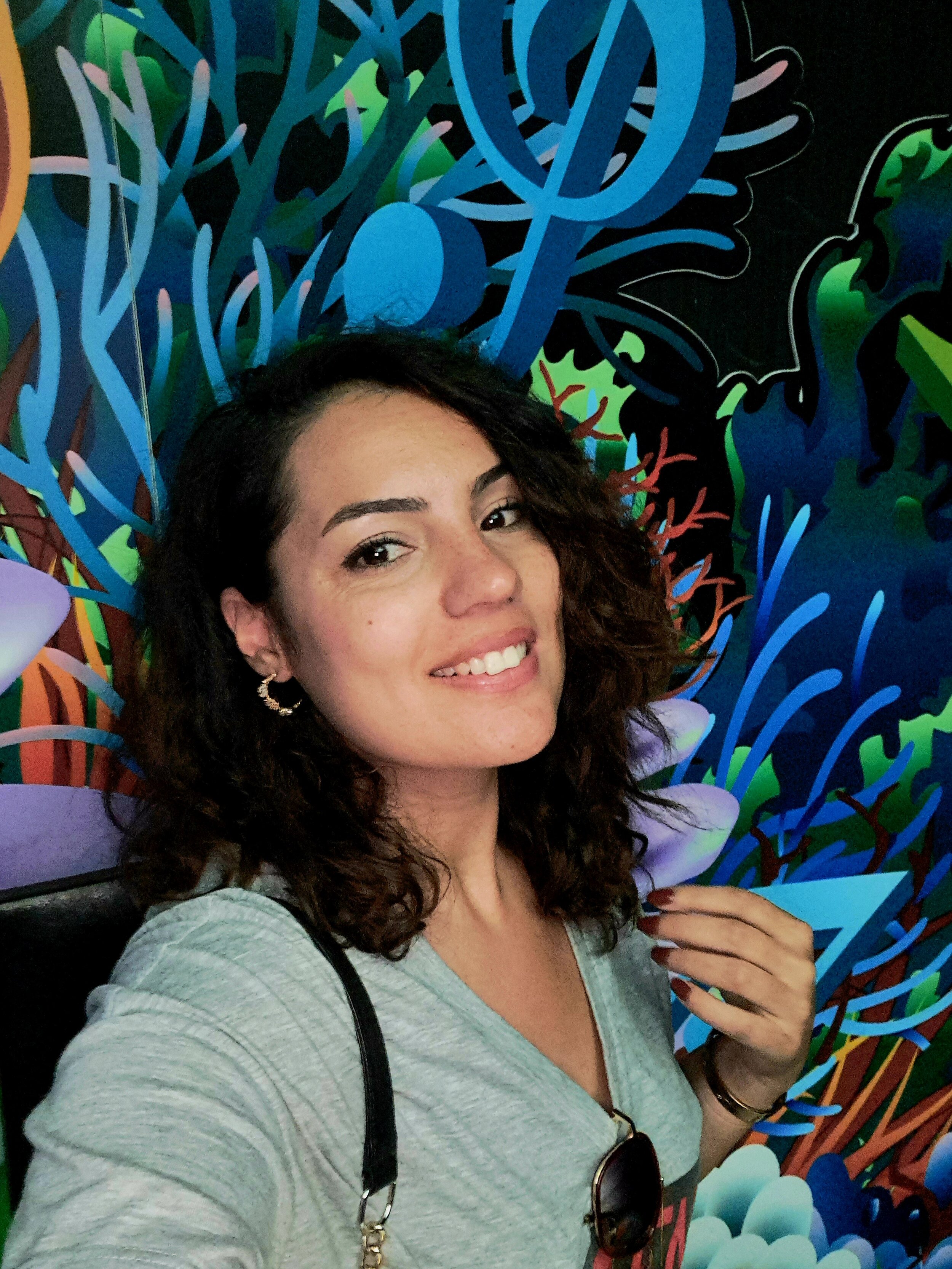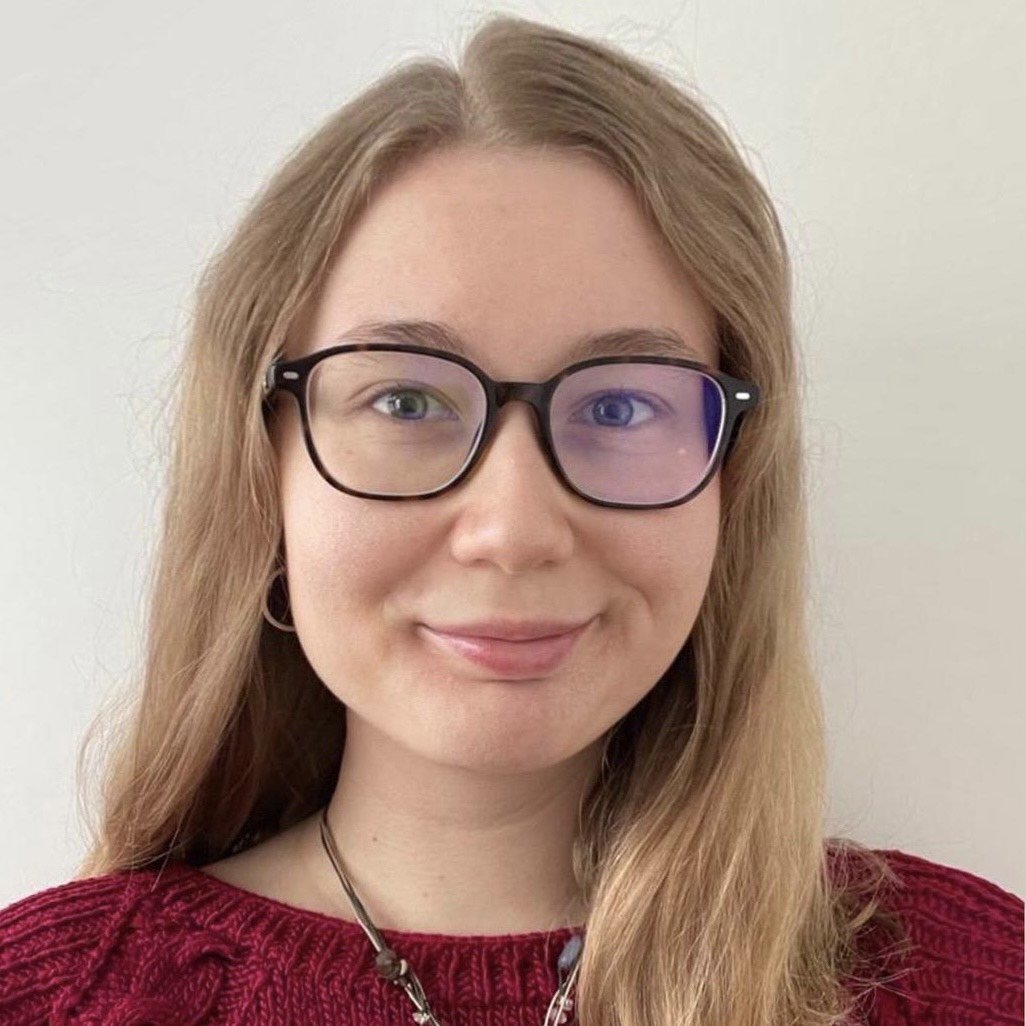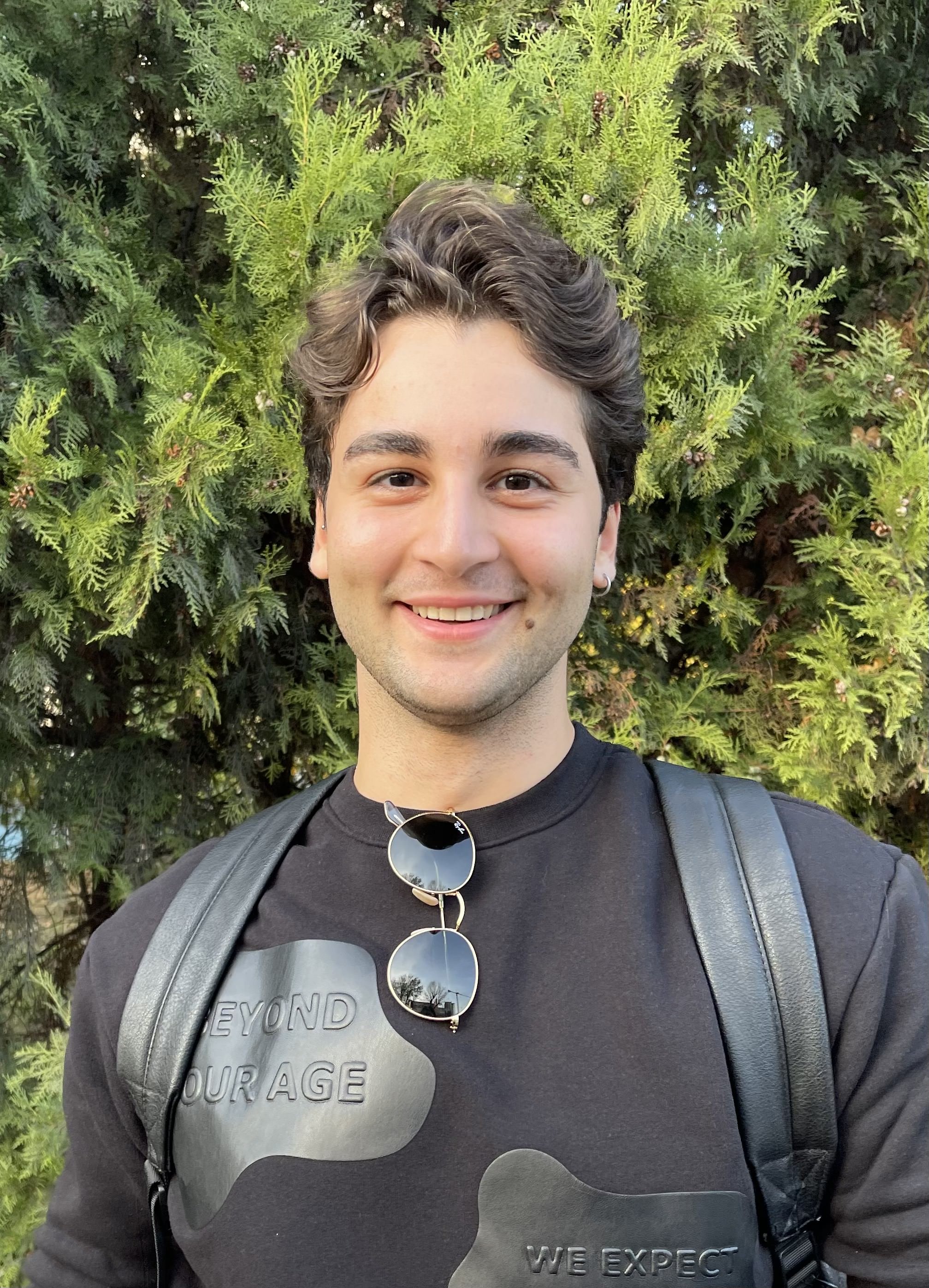Applied AI Study Group #8
We are excited to announce the reopening of the Applied AI Study Group, which we enjoyed its renewed version last year. This year, the program will offer even more opportunities for practical application and learning, including lab sessions!
This batch is designed specifically to offer a hands-on learning environment for AI enthusiasts who thrive on building & deploying and maintaining Machine Learning models from scratch. This course will also provide an immersive experience for recent Natural Language Processing and Computer Vision models, such as GPT and Diffusion models.
The program will be held online for 6 weeks!
Starting from March 23, we will meet online on Saturdays at 11 am for 6 weeks, to learn AI on real-world solutions and discuss the most up-to-date arguments. We will also learn the skills needed to apply AI models in real-world scenarios, which will allow us to demonstrate our work and its practical applications. Additionally, we will hold weekly lab sessions on a chosen weekday evening to review and discuss the assigned homework.
Watch our webinar for the previous batch to learn more from our guides!
You can access the recordings of our previous batch here!
APPLICATION PERIOD
Application period is over, thank you for your interest!
February 25 - March 8, 2024, until 17.00
The results will be announced on March 16, until 23.59
Discover the journey of the previous Applied AI Study Group in our detailed report!
“Participating in the Applied AI Study Group was a game changer for me. The real-world applications of deep learning concepts and techniques that I gained from this program have significantly improved my problem-solving skills. The passionate instructors went beyond the basics, including project management skills, and the network I built was invaluable. This program transformed my journey, equipping me with skills and a network for success. I wouldn't hesitate to do it all again if given the chance.”
Note: BEV Foundation (inzva) reserves the right to change or modify any of the conduct, design, and rules of the program at any time and in their sole discretion.
GUIDES
LAB SESSION GUIDES
TOPICS
Machine Learning in Business, led by Hasan Avcı
Lab sessions led by Selin Çıldam
Week 1, March 23 - Week 2, March 30
In these weeks, we explore how Machine Learning can bring value to businesses. Throughout the section, we will discuss various topics related to ML engineering and its practical applications in the industry.
The section begins with an introduction to the role of a Machine Learning engineer in the industry. We will dive into the responsibilities, skills, and frameworks of an ML engineer. Additionally, we engage in hands-on activities where we implement solutions for a case study and create a prototype, allowing participants to gain practical experience.
We then progress to converting our prototype into a fully functional Machine Learning product by constructing an API.
Toward the end of the second week, we will explore the concept of MLOps and its key elements. By integrating some of these elements into our product, we will ensure its scalability, reliability, and maintainability.
By the conclusion of the course, participants will have gained a comprehensive understanding of Machine Learning engineering, from creating ML prototypes to developing production-ready ML products and deploying them.
Natural Language Processing, led by Şafak Bilici
Lab sessions led by Elvan Karasu
Week 3, April 6 - Week 4, April 20
We will focus on the recent research and practical developments in Natural Language Processing (NLP) spanning the years from 2018 to 2023. Week 3 will begin with a brief recapitulation of NLP and the vanilla Transformer model. Subsequently, our focus will shift towards pre-trained large language models, encompassing encoder models, decoder models, as well as encoder-decoder models. We will delve into the theoretical and practical aspects of fine-tuning these models. Furthermore, we shall explore other relevant topics including distillation and quantization for deployment, ethical considerations pertaining to large language models (LLMs), dialog models, efficient transformers, and language models for search, among others.
Throughout the NLP weeks, two key practical sessions will be conducted, accompanied by concise code snippets, to fortify our practical understanding of Deep Learning. The initial practical session shall revolve around the fine-tuning of a large language model specifically tailored for language understanding tasks. The latter practical session involves the construction of an end-to-end search engine utilizing LLMs.
Advanced Computer Vision, led by Enes Sadi Uysal
Lab session led by Emir Faruk Erman
Week 5, April 27
In this week, we will focus on advanced computer vision topics, including diffusion models, visual transformers, multimodal approaches, and practical advice. We'll start with an introduction to computer vision, covering its history, tasks, and basic concepts. Then, we'll explore transformers on image data, discussing the ViT architecture and its applications. We'll delve into diffusion models, understanding the generative process, and implementing a generative diffusion model. Next, we'll investigate multimodal approaches, including CLIP and various text-image models, and engage in hands-on sessions for CLIP training and visual question answering. Finally, we'll cover practical tricks such as hyperparameter optimization, model distillation, ensemble learning, and more. Through notebook sessions and demos, this lesson aims to provide a comprehensive understanding of advanced computer vision techniques.
Models in Action: Discussion on Specific Use Cases & Wrap-up led by Onur Boyar
Week 6, May 4
In this week, we will have a brief discussion about the application of the models we learned throughout the course on different fields such as bioinformatics & drug design. We will also wrap up the course and have an open discussion field about how we can put our new toolbox into practice. Lastly, we will have our graduation ceremony!
Check out the syllabus for more detailed information about the topics!
PROGRAM OUTCOMES
Learn from more experienced guides and peers in the field of computer science,
Acquire a state-of-the-art, domain-specific training,
Learn about recent models that have changed our daily lives like LLMs,
Hold discussions about different ways to approach a problem,
Become familiar with the ML in Business and the use cases,
Meet like-minded students,
Experience peer-to-peer learning with our guides,
Join the exclusive inzva AI community on Discord,
Certificate of participation issued by inzva.
EXPECTATIONS
Successfully answering the theoretical question during your application,
Attending all classes (this is mandatory in order to graduate),
Completing the weekly assignments and delivering them by the deadline,
Being an active participant who is an enthusiast of all things AI-related,
Following the rules of our community: Code of Conduct
Please note that failure to meet these requirements without a good reason will result in your disqualification from the program and future inzva AI programs.
TECHNICAL REQUIREMENTS
Programming experience: The course is taught in Python. We assume you have basic programming skills (understanding of for loops, if/else statements, data structures such as lists and dictionaries).
Mathematics: Basic linear algebra (matrix-vector operations and notation)
Machine Learning: Conceptual knowledge of machine learning (supervised learning, unsupervised learning, test data, validation, some machine learning algorithms such as linear regression, logistic regression)
Deep Learning: Theoretical knowledge is required on the deep learning concepts. The objective of this study group is to give the participants practical knowledge and hands-on programming experience with deep learning algorithms and frameworks. Theoretical aspects of deep learning algorithms will be only quickly summarized in the study group. Therefore, it may be hard for you to jump directly into the practical aspects if you do not have any background knowledge. Having attended inzva DeepLearning.ai Study Group is a big plus.
FREQUENTLY ASKED QUESTIONS
Please check out the Frequently Asked Questions here.
For further questions, you can reach us at ai@inzva.com.
All participants have to abide by our CODE OF CONDUCT and LETTER OF CONSENT.
A BEV Foundation project inzva is a non-profit hacker community organizing study and project groups as well as camps in the fields of AI and Algorithm; and gathering CS students, academics, and professionals in Turkey.
All personal data you shared in this form will solely be used to determine the participants of the event and to inform the venue provider, and will be deleted as soon as we carry out our legal obligations. Therefore, by sending this form, you accept having your personal data processed and transferred to third parties that are providing services for the event (i.e. venue and transportation providers).
Follow us on our social media accounts to have the most recent news about our upcoming events and programs!


